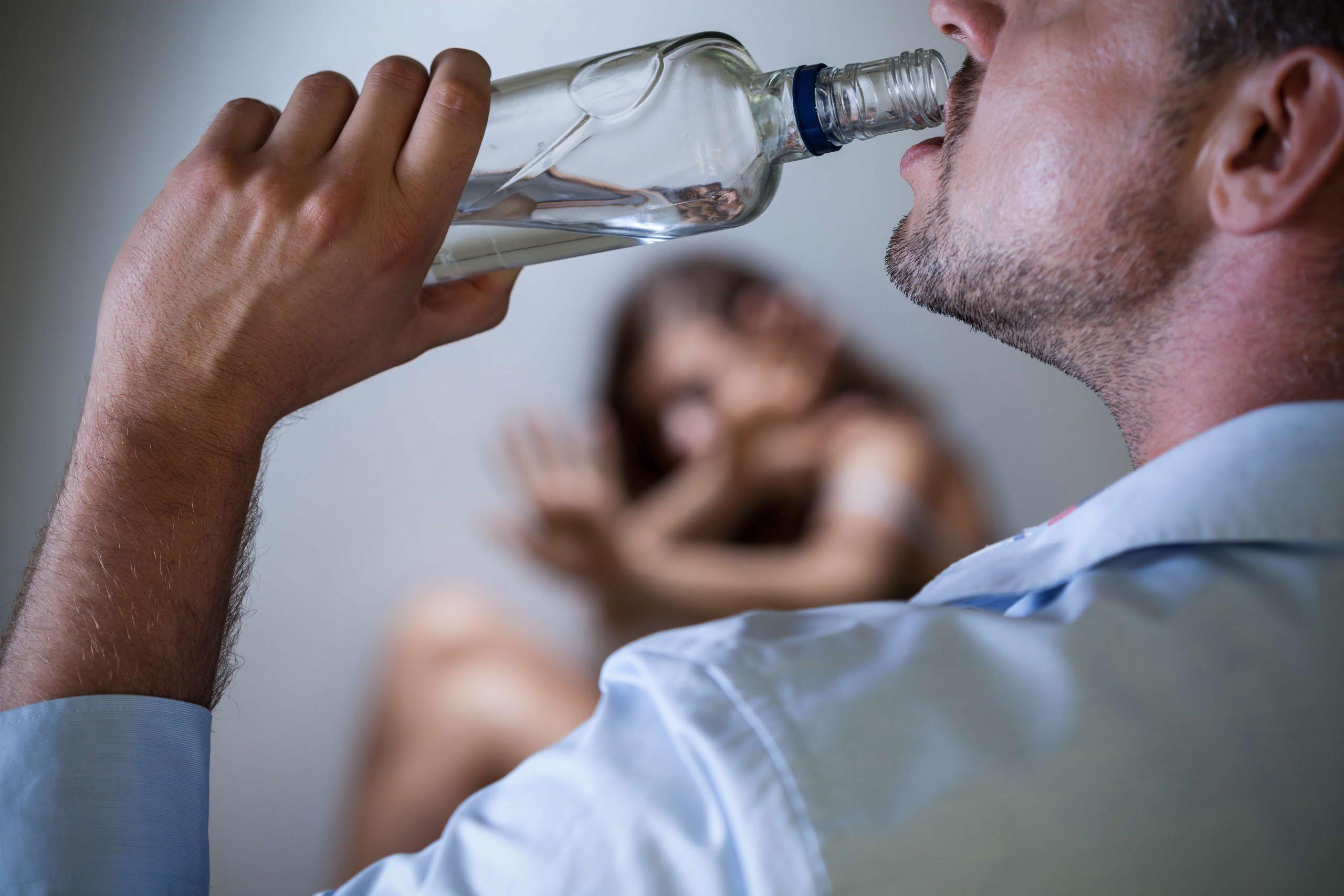Additionally, choosing a lower-alcohol variety may help reduce the risk of gas production. Finally, if you find that red wine still gives you gas, you may want to consider switching to beer or white wine instead. Over time, this can contribute to weight gain, especially if you’re not adjusting your overall calorie intake to account for the added calories from the wine. A large study of current drinkers showed that a moderate intake of alcohol, especially wine, with meals could reduce the risk of type 2 diabetes.
Is Wine or Beer More Dehydrating?

This kind of wine is produced from merlot grapes that are very high in tannins. These kinds of grapes often hail from Argentina but also grow in other areas of the world. If you’re into cooking and you pour some wine into a frying pan then the alcohol disappears almost instantaneously. If you’re out in the desert and you’re in the sun the temperatures could be over 100 degrees centigrade.
- Allergic reactions can sometimes lead to fluid loss through vomiting or diarrhea, exacerbating dehydration.
- As a result, you will lose water from your body after drinking alcohol.
- In the colon, bacteria feast on the alcohol, causing more gas and feces.
- And while it may sound easy, a lot of people struggle with chugging enough H20 in a day to keep their bodies functioning optimally.
- As unappetizing as they look, green juices have powerful detoxifying elements that are great for your body, and especially for your skin.
Signs and Symptoms of Dehydration from Alcohol Consumption
Therefore, your body becomes less adept at holding on to water over time. This, in turn, could slow down the urine production of your kidneys, which means you’ll pass the wine out of your system more slowly as well. Alcoholic beverages like wine have their pleasures, but drinking too much wine or other alcohol in short order can leave you feeling dizzy, tired, and even does wine dehydrate you with a headache. All of these are common symptoms of dehydration, which is why many people believe that wine dehydrates you after you drink it.
What are the components of red wine that affect hydration?
Kelly Kennedy is a licensed dietitian-nutritionist with over 14 years of experience in digital media. She previously managed and oversaw nutrition content, recipe development, meal planning, and diet and nutrition coaching at Everyday Health. She developed and reviewed various meal plans, books, slideshows, and online tools, and oversaw the creation of more than 500 unique recipes.
You should be able to see these as text links or blocks of ads which have a small notation indicating “Ads by Google” or “AdChoices”. Chloe’s dedication to the craft culminated https://ecosoberhouse.com/ in her becoming a wine sommelier, a testament to her deep knowledge and appreciation for wines. Red wine makes a fantastic addition to cooking as the bold flavours can add an enticing depth to almost any dish. Drier reds are favoured over the sweeter ones, as they don’t add any residual sugars to the meal. Tempranillo is made from a variety of black grape that is very well known for being full-bodied.
Alcohol begins to build up in your bloodstream
In other words, try to drink as much water as possible, because your normal retention rate isn’t going to be what your body’s used to. Drinking beer, a glass of wine, or other types of alcohol introduces a substance into the body that causes certain reactions. Therefore, alcohol induced dehydration can occur when drinking alcohol without having a glass of water–or more, depending on how much alcohol you’re drinking. Another factor that can lead to bloating and gas when drinking red wine is Sobriety the presence of sulphites.


